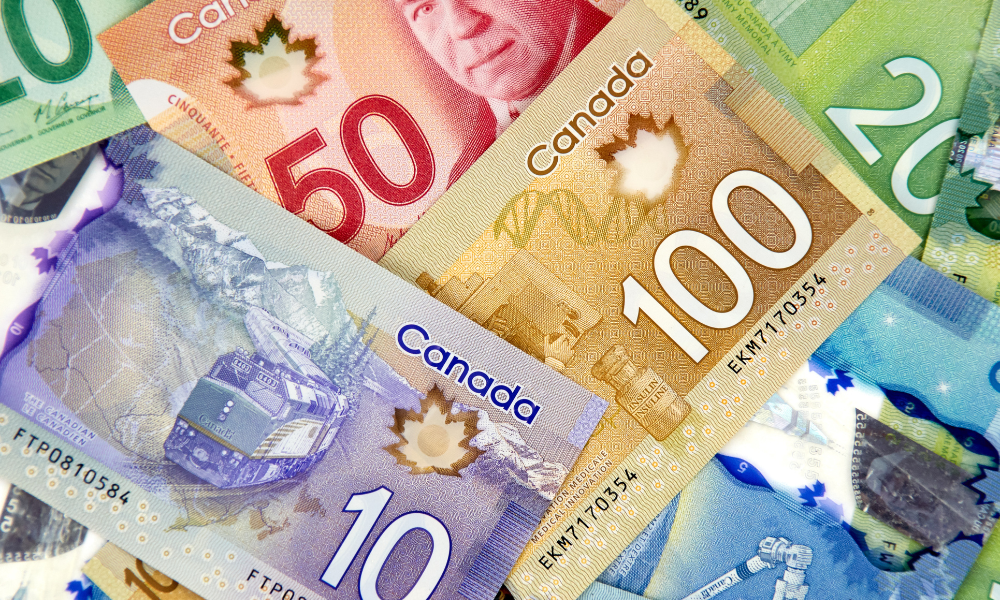RBC tops deal rankings as capital markets raise $310 billion despite April freeze and trade tensions

Issuers moved quickly to raise capital in early 2025, anticipating fallout from United States President Donald Trump’s “Liberation Day” tariffs.
The Financial Post reported that although activity briefly froze in April, Canadian deal-making rebounded sharply in May and June, closing out one of the strongest first-half periods for capital markets in over a decade.
Canada’s capital markets raised $310bn through 502 deals in the first six months of 2025.
This marked an 8.5 percent decline from the record $338.8bn in the first half of 2024 but still ranked as the third highest total since 2011.
The sharp mid-year recovery was tied to a late surge in equity offerings. Keyera Corp. raised $2.1bn on June 20 to help fund its $5.15bn acquisition of Plains’ Canadian NGL business and select US assets.
Pet Valu Holdings Ltd. raised approximately $576m in a secondary offering on June 9, and Idaho-based Perpetua Resources Corp. raised about $444m on June 16 to support a gold project.
Equity issuance increased by 3.3 percent year-over-year to $11.46bn. This comes after a decline in public market activity since 2022, following the peak in 2021.
Jackie Nixon, Canada head of equity capital markets at RBC, said there has been a healthy amount of M&A activity, even amid macro and geopolitical uncertainty.
Some of that activity has led to equity issuance as part of acquisition financing.
She also noted there is now “a much more active dialogue today than there was a year ago with private companies about going public,” adding that signs of life in the Canadian issuer IPO market may soon emerge.
Nixon said RBC is advising clients to be “nimble, opportunistic” and take advantage of available issuance windows given the political backdrop.
Rob Brown, co-head of Canadian debt capital markets at RBC, said that although Trump’s tariffs caused a temporary pause in April, most issuers had already accelerated their plans earlier in the year.
He said many returned “in droves in May and June” once markets stabilised.
“A recognition that tariff and geopolitical risks remain ever-present continue to motivate opportunistic issuance while the tone is supportive,” Brown said.
He pointed to improving sentiment tied to “the perception that trade tensions will soften, (the) expectation that the US Fed will eventually begin cutting rates and resilient economic data.”
RBC led the Canadian market with $44.51bn raised in the first half of 2025, representing 14.3 percent of all capital raised, according to Financial Post data.
BMO Capital Markets followed with $33.6bn (10.86 percent), and CIBC World Markets Inc. came third at $30.65bn.
TD Securities Inc. ($30.34bn), National Bank Financial ($29.41bn) and Scotia Capital Inc. ($21.57bn) rounded out the top six, with market shares of 9.79, 9.49 and 6.96 percent respectively.
Corporate debt issuance fell 4.3 percent year-over-year to $153.04bn, and government funding dropped 13.5 percent to $144.9bn.
Despite the declines, both categories still posted their third highest first-half totals since 2011.
Brown remarked on the surprising strength of markets despite ongoing risks.
He said it’s hard to believe equities are setting new all-time highs, credit spreads are at multi-year tights, and corporate deal-making activity is well above historical averages given the global trade war, recent developments in the Middle East, and an uncertain economic outlook.
“But that is exactly what has happened.”



